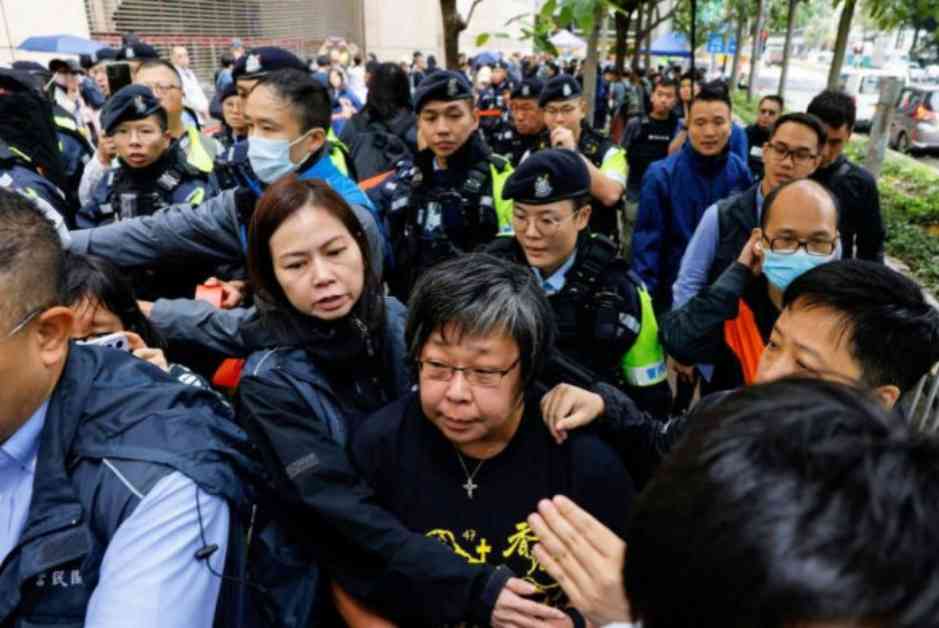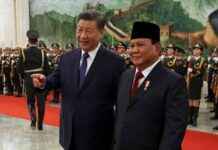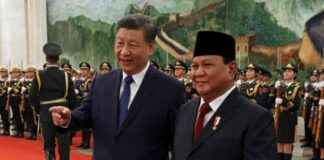Hong Kong’s High Court recently handed down jail sentences to 45 pro-democracy activists, with terms ranging from just over four years to 10 years. This landmark national security trial, which began in 2021, saw the activists charged with conspiracy to commit subversion under a national security law imposed by Beijing. The charges stemmed from their involvement in organizing an unofficial “primary election” in 2020 to select candidates for an upcoming legislative election.
Among those sentenced was Benny Tai, a former legal scholar who received a 10-year jail term. The trial has drawn international condemnation, with the US criticizing it as “politically motivated.” US officials have called for the release of the activists, stating that they were peacefully participating in legal political activities.
The Chinese and Hong Kong governments, however, maintain that the national security laws were necessary to restore order after mass pro-democracy protests in 2019 and that the activists were treated in accordance with local laws. The trial has been closely watched, with hundreds of people queuing outside the court to show their support for the activists.
The trial lasted 118 days, resulting in 14 activists being found guilty, including Australian citizen Gordon Ng and activist Owen Chow. Two activists were acquitted, while the remaining 31 pleaded guilty, including prominent figures like student activist Joshua Wong. The sentencing has sparked outrage among supporters of the democracy movement, who believe the activists have been unjustly targeted.
As the international community continues to monitor the situation in Hong Kong, the fallout from this trial is likely to have far-reaching implications for the city’s political landscape. The crackdown on pro-democracy activists signals a troubling trend towards eroding civil liberties and democratic freedoms in Hong Kong, raising concerns about the future of the region’s autonomy and rule of law.




















